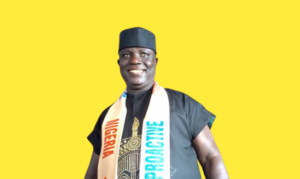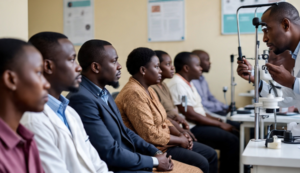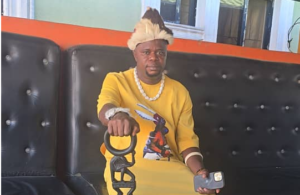HIV/AIDS and the heavy funding in Nigeria.
3 min read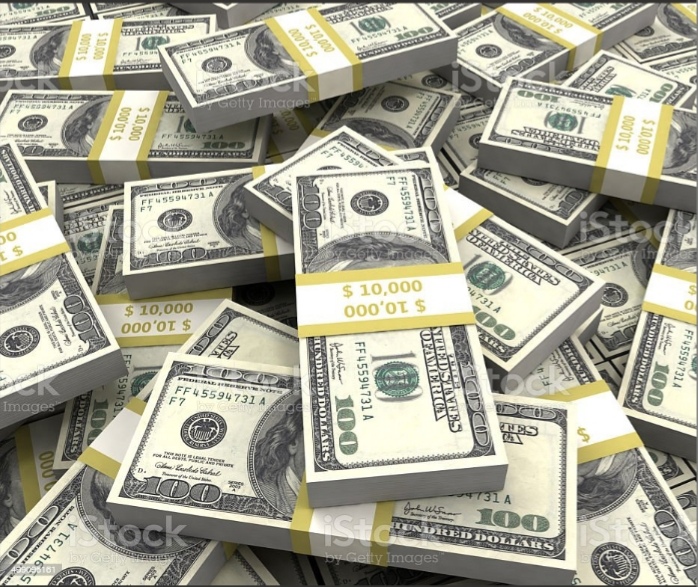
The Ebola outbreak, Covid19 and an unending insecurity in the West African country of Nigeria have made it seem like the people have forgotten all about the scourge of HIV/AIDS in the country. Others may forget but those in the care giving sector and families of patients are not in a hurry to forget. For example, official documents obtained by Umuaka Times shows that in 2021, 3400 babies born in the country tested positive to Human Immunodeficiency Virus (HIV). This is as a result of mother to child infection during pregnancy period. While this news was still ongoing, another report came up with a bigger shock. According to the National AIDS and STIs Control Program (NASCP), a total of 73,422 samples tested between 2017 and 2020, 3,409 among them tested positive to HIV/AIDS. A 2021 report by the United Nations Children’s Fund (UNICEF) shows that, at least, one child globally was infected with HIV every two minutes in 2020.

To continue to fight and win the battle against HIV/AIDS, Nigeria’s president Mohammadu Buhari told the country that more domestic funding would be required to win the battle. So far, Umuaka Times gathered that heavy funding especially from foreign donor agencies, has been expended in the fight.
In a swift response to the call by the president, the Federal Government of Nigeria launched the 2030 AIDS Target Fund. The launching which is over US$100 million is expected to lead Nigeria out of HIV/AIDS scourge. The aim of this fund is to reduce foreign funding and generate domestic funds and place patients on regular treatment. Both the Federal Government of Nigeria and the National Agency for the Control of AIDS (NACA) in the country strongly believe that the fund will help the country in no small way. There is a general thinking in the country that the funding heavily spent so far in the country is supposed to be enough to fight the scourge. Some health observers have argued that the heavy funding so far spent does not translate adequately into practical realities.
Despite the above, the Federal Government recently announced that about US$6.2 billion has been spent on HIV response in Nigeria, about 80 per cent of these funds was contributed by external donors, mainly the US President’s Emergency Plan for AIDS Relief (PEPFAR) and the Global Fund to fight AIDS, Tuberculosis, and Malaria.
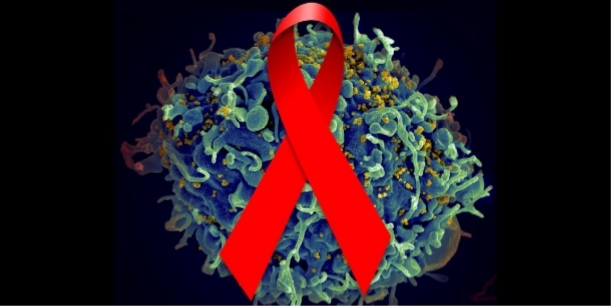
Just recently, Global Fund made a donation of US$890 million to fight HIV/AIDS, malaria and tuberculosis in Nigeria. The fund is for a three year implementation period from 2021 to 2023. From the time Global Fund was founded, the body has been able to make available the sum of USD$2,585,537,824 to fight HIV/AIDS and other tropical ailments in the country. This amount is totally different from other funding from Ford Foundation, World Bank, UNDP, Bill Gates Foundation, George Soros and other sources. Many people in the country are still baffled that the presence of HIV/AIDS in the country is still noticeable despite the consistent funds from donor agencies.
Although some remarkable achievements have so far been made by NACA and other government agencies, but the people wonder why the presence of HIV/AIDS is still highly noticeable in the country despite Nigeria being the highest receiver of Global Funds grants globally. A couple of years ago, Bill Gates showed his displeasure over the management of his grants to the country. According to him, he had donated close to a billion dollars to fight.
Chiamaka Prisca Akojuru Ferdinard is the Umuaka Times correspondent in Caribbean Island.


